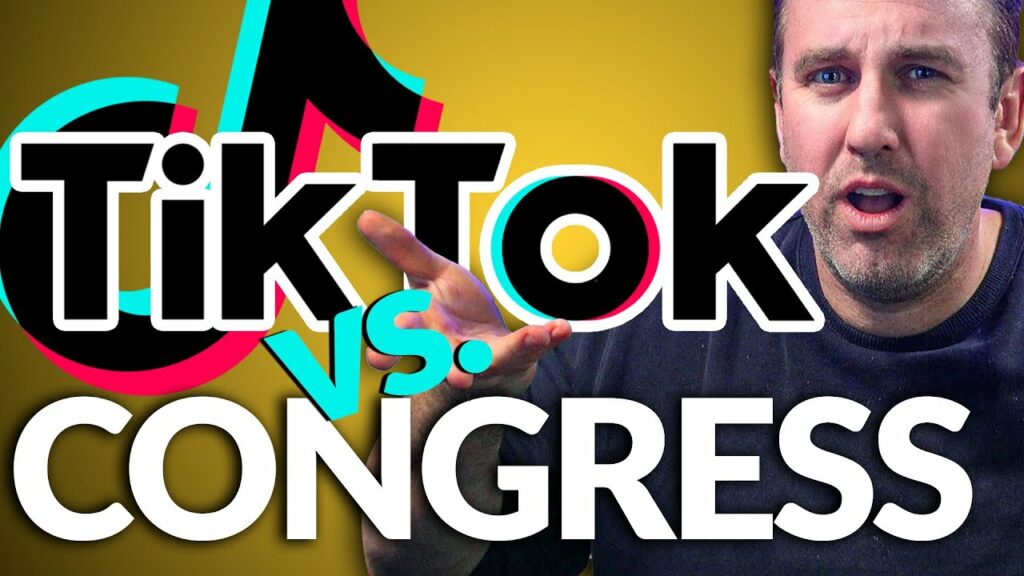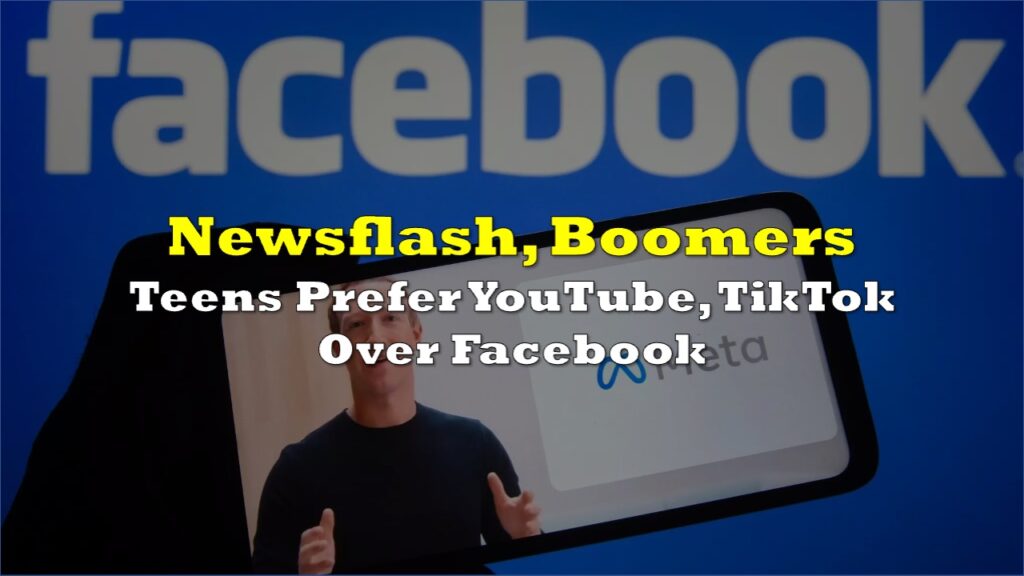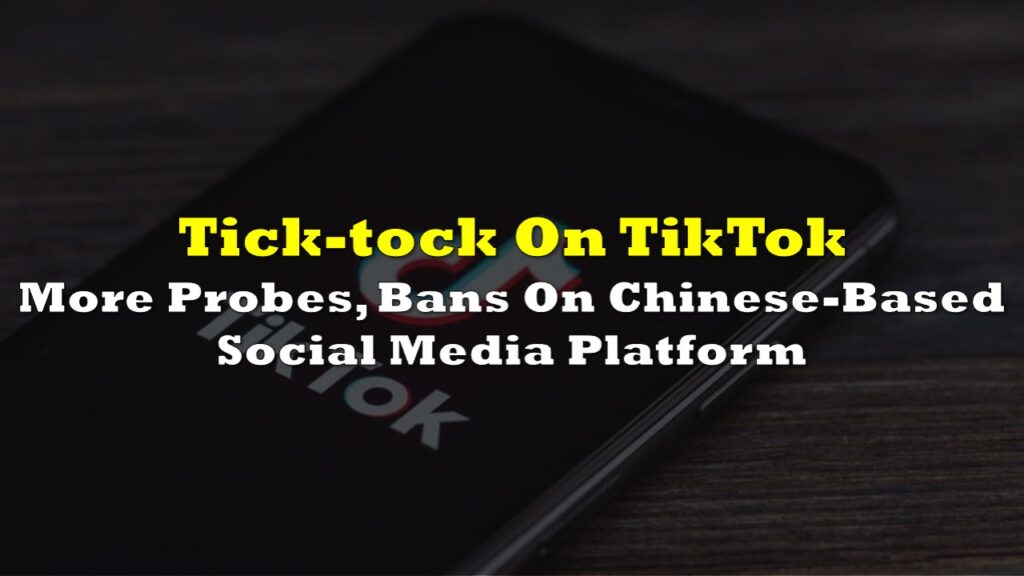The U.S. Court of Appeals for the District of Columbia Circuit has upheld the Protecting Americans from Foreign Adversary Controlled Applications Act, a law requiring TikTok, owned by Chinese tech giant ByteDance, to sever ties with its parent company or cease operations in the U.S. by January 19, 2025.
The court’s decision, authored by Senior Circuit Judge Ginsburg, emphasized the U.S. government’s prerogative to safeguard national security, citing significant concerns about the Chinese government’s potential access to the personal data of American users through TikTok.
“That burden is attributable to the PRC’s hybrid commercial threat to U.S. national security, not to the U.S. Government, which engaged TikTok through a multi-year process in an effort to find an alternative solution,” the ruling stated.
Good, TikTok is a PRC intelligence & propaganda tool being used to the detriment of the United States and its people.
— Patrick Fox (@RealCynicalFox) December 6, 2024
Take it away from the PRC or ban it. https://t.co/QcfeS5pU9k
The Protecting Americans from Foreign Adversary Controlled Applications Act, signed into law in April 2024, is tailored to address risks posed by foreign-controlled digital platforms. TikTok, a popular short-video platform with 170 million active U.S. users, was specifically named in the legislation as a “foreign adversary controlled application” due to its ownership by ByteDance, a Chinese firm. The law prohibits any entity from hosting, distributing, or updating the TikTok app in the U.S. unless ByteDance executes a “qualified divestiture” to eliminate its control.
If TikTok fails to comply, the app will effectively be banned in the U.S., leaving millions of users without access.
The ruling referenced evidence that the Chinese government has previously exploited corporate relationships to access data for intelligence operations. Assistant Director of National Intelligence Casey Blackburn described China as “the most active and persistent cyber espionage threat to U.S. government, private-sector, and critical infrastructure networks.”
The court also highlighted examples of ByteDance employees accessing U.S. user data, underscoring the inadequacy of proposed mitigation measures such as the use of Oracle as a “trusted third party” to oversee TikTok’s data operations.
First Amendment Challenges Rejected
TikTok and its supporters argued that the Act violated First Amendment protections, claiming that the government’s measures disproportionately targeted the platform’s expressive activity. However, the court concluded that the Act satisfies strict scrutiny, the highest standard of judicial review for laws affecting free speech.
The ruling acknowledged TikTok’s content curation as protected speech but held that the government’s interest in preventing foreign adversary manipulation of public discourse constituted a compelling justification.
“The government’s aim is to preclude a foreign adversary from manipulating public dialogue,” the decision noted, adding that the Act is “narrowly tailored” to address this risk.
The ruling has drawn criticism from free speech advocates and TikTok creators, who fear the law sets a dangerous precedent for regulating digital platforms. The Knight First Amendment Institute and the Electronic Frontier Foundation, among others, filed amicus briefs arguing that the Act could stifle innovation and chill protected speech.
Meanwhile, proponents of the legislation, including members of Congress and former national security officials, applauded the court’s decision.
As the January 2025 deadline looms, ByteDance faces the daunting task of executing a divestiture approved by the U.S. government or ceasing TikTok’s operations in the U.S. entirely. The court left open the possibility of a 90-day extension if significant progress toward divestiture is demonstrated.
Information for this briefing was found via the sources mentioned. The author has no securities or affiliations related to this organization. Not a recommendation to buy or sell. Always do additional research and consult a professional before purchasing a security. The author holds no licenses.









